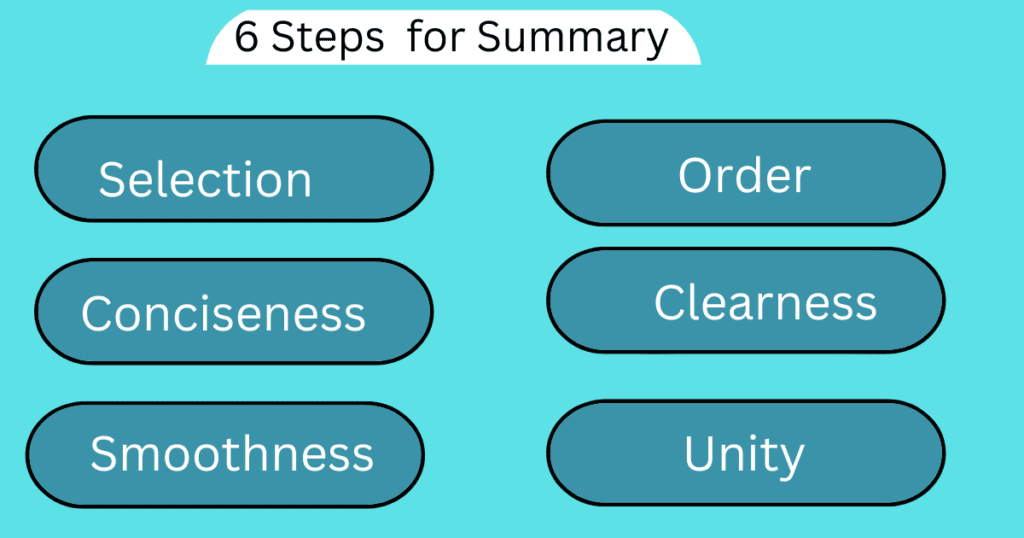Basically there are two types of sentences as affirmative and negative sentences. In the exams of various boards Cbse, icse and state boards there are always grammar questions on transformation of negative into affirmative and vice versa. In almost all the competitive exams also there will be questions on this topic. Keeping the rules in mind, observing the rules and praticing the exercise will help you to deal with this important topic of English Grammar.
3 Rules for Transformation
1.Remove negation such as not, never , no, nothing, nobody, no one, nowhere while making affirmative sentence. And use one of these negation while making negative sentence.
2. Use opposite word
3. Make use of negative suffixes and prefixes to form opposites
4. See meaning should be not changed.
Affirmative and Negative Transformation Examples
1] English is not difficult.
Affir:- English is easy.
2] Nobody was absent.
Affir:-Everybody was present.
3] I am not a little tired.
Affir:- I am much tired.
4] Mala did not answer.
Affir:- Mala failed to answer.
5] I am not your friend.
Affir:-I am your enemy/foe
6] Payal never lost her way .
Affir:-Payal always remembered her way.
7] But this is not possible now.
Affir:-But this is impossible now
8] His tender mind did not speculate on his father’s delay.
Affir:- His tender mind failed to speculate on his father’s delay.
9] I cannot attend their needs.
Aff:- I am unable to attend their needs.
10) I am not unhappy.
Affir: I am happy.
11). I did remember. (Turn into negative without its changing meaning)
Affir: I did not forget.
12) The snail does not fear to fall (Make it Affirmative)
The snail is unafraid to fall.
The snail does dares to fall.
13) The colour scheme never failed.
Affir: The colour scheme always succeeded. Or The colour scheme always proved successful.
14) She could not be fashionable.
Affirm- She could be non-fashionable.
Rewrite as negative sentences without changing their meanings
(a) The policeman refused to accept Soapy even as a clue.
Ans : The policeman didn’t accept/ consider Soapy even as a clue.
(b) Soapy drifted along twice unsuccessful.
Ans : Soapy didn’t drift along twice successful. / Soapy failed to drift along twice unsuccessful.
(c) Soapy stopped his unavailing racket.
Ans : Soapy didn’t continue his unavailing racket.
(d) The island seemed very far away.
Ans : The island didn’t seem near ( in his realm) .
(e) The island seemed an unattainable Arcadia.
Ans : The island didn’t seem an attainable Arcadia.
Rewrite into affirmative sentence
1. No one can put up with such conduct.
2. No one ever saw a greater misfortune.
3. Is not the day intended for toil, and the night for sleep?
4. No man could have done better.
5. There is no smoke without fire.
Answers:
Can anyone put up with such conduct?
This is the greatest misfortune one has ever seen.
The day is intended for toil and the night for sleep.
Who could have done better?
Where there is smoke, there is fire.
Take the test on Unless / If..not
Make the following sentences negative without change of meaning.
Affirmative: I am doubtful now. Negative: I am not so sure, now.
Affirmative: He will be unable to stop them. Negative: He will not be able to stop them.
Affirmative: I forget. Negative: I don’t remember.
Affirmative: I am unable to do anymore. Negative: I can do no more.
Affirmative: Sir, forgive her. Negative: Sir, do not anger her.
Affirmative: I shall want a few soldiers. Negative: I shall not want many soldiers.
Rewrite as Affirmative Sentences
(a) Men who smash windows do not remain to chat with the police.
Ans : Men who smash windows avoid to chat with the police.
(b) Why don’t you call a cop?
Ans: You should call the police.
(c) On the opposite side of the street was a restaurant of no great pretensions.
Ans :On the opposite side of the street was a restaurant of less pretensions.
(d) Noisy; but no harm.
Ans : Noisy; but harmless.
(e) They seemed to regard him as a King who could do no wrong.
Ans: They seemed to regard him as a King who could do everything right.
Learn Tenses and Types of Sentences
Rewrite as negative sentences.
1. Only the person, who works hard, will get success.
None but the person who works hard, will get Success .
2. Only Sheela is an honest worker in the company.
None but Sheela is an honest worker in the company.
3. I liked only Sachin as a cricketer.
I liked none but Sachin as a cricketer.
4. He is interested in reading only.
He is interested in nothing but reading
5. You must wear helmet.
You cannot but wear helmet.
Examples from Board Exam
(i) Discourtesy is not a legal offence.
(The correct ‘affirmative’ form of this sentence is…)
(a) Courtesy is a illegal offence. (b) Courtesy is always a illegal offence. (d) Discourtesy is a moral offence.(c) Discourtesy is never a illegal offence.
(ii) I will not open my mouth.
(Choose the correct alternative to get affirmative form without changing the meaning of the sentence.)
(a) I will not close my mouth.
(b) I will open my mouth.
(c) I will shut my mouth.












